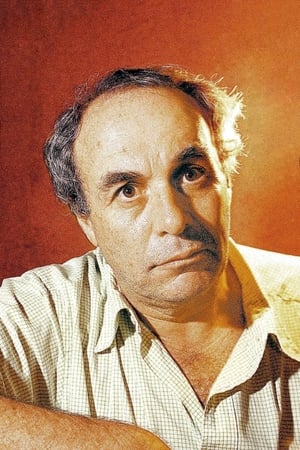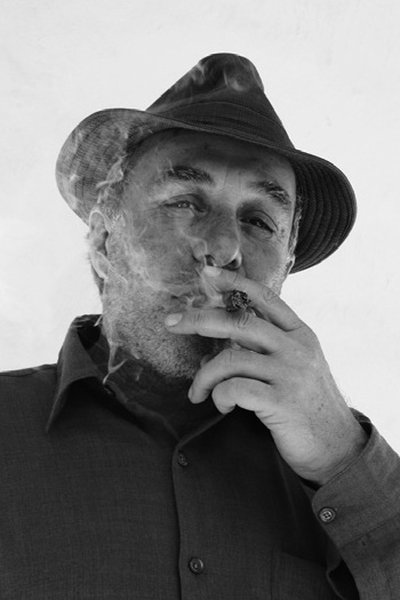
Júlio Bressane
Rio de Janeiro, Rio de Janeiro, Brazil
1946-02-13
Biography: Júlio Eduardo Bressane de Azevedo (Rio de Janeiro, February 13, 1946 ) is a Brazilian filmmaker and writer. A representative of the Brazilian cinema marginal, he began making films as an assistant director of Walter Lima Jr., in 1965. In 1967, Bressane debuted as director with Face to Face, being selected for the Festival of Brasilia. In 1970, he founded Belair Movies in company with fellow filmmaker Rogério Sganzerla. They chose a model of making films and low-cost production and thereby managed to run six feature films in just six months. He came into exile in London in the early 1970s, but returned to Brazil several years later and made one film after another, using slapstick and debauchery as its main features. An acclaimed film of this period was the provocative Tabu, released in 1982. Critics consider Bressane the most scholarly of the Brazilian film directors, and his work is notable for the diversity of its narrative language. Another feature of his filmography is the comprehensive approach to historical and literary characters. He is also noted by his low-budget, short-time shootings, with an average of 11 to 14 days to make and edit a film. Description above from the Wikipedia article Júlio Bressane licensed under CC-BY-SA, full list of contributors on Wikipedia.
Movies:

The Queen of the Night
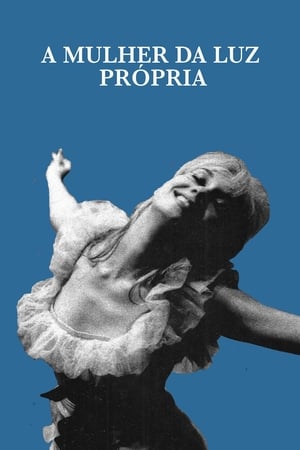
A Mulher da Luz Própria
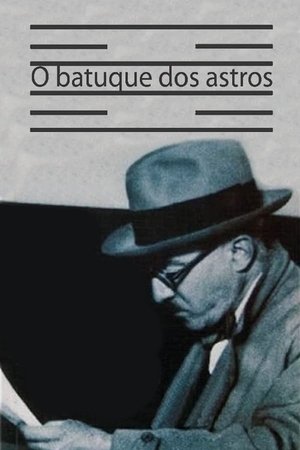
Drumming Beat of the Stars

Sentimental Education

Chinese Viola
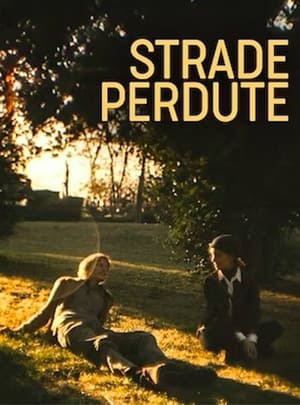
Strade perdute - Filmmaker 23
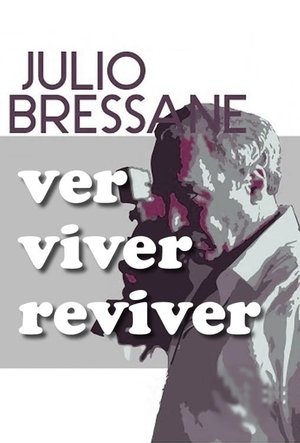
Ver Viver Reviver
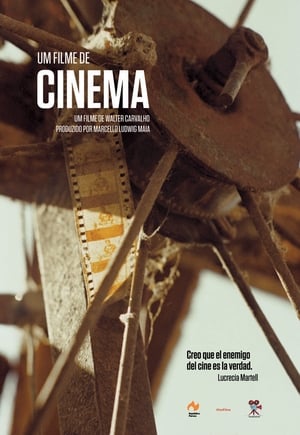
About Cinema
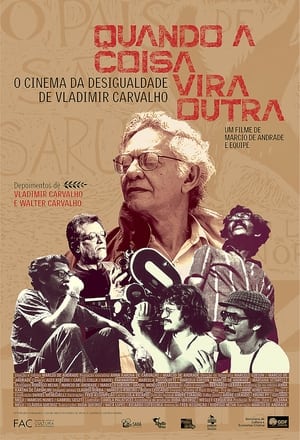
Quando a Coisa Vira Outra

Galáxia Albina
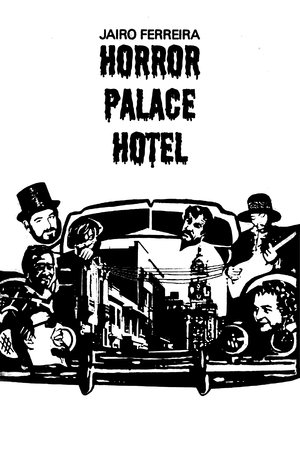
Horror Palace Hotel
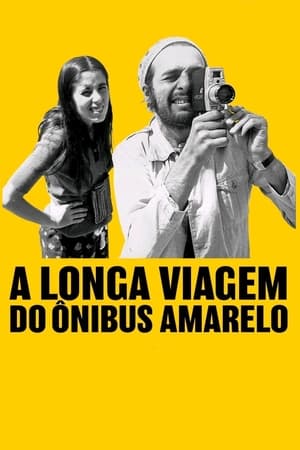
The Long Voyage of the Yellow Bus

50 minutos e 23 segundos com Júlio Bressane
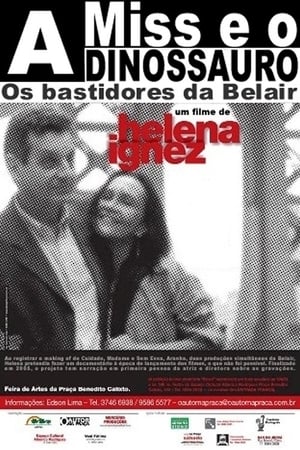
A Miss e o Dinossauro

Talking Cinema
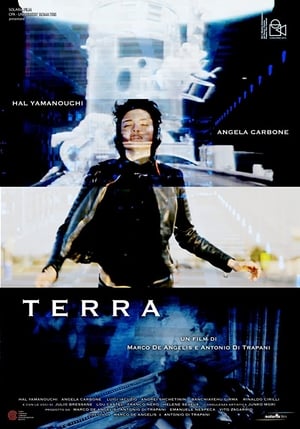
Earth
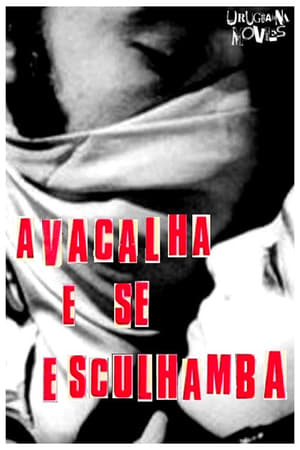
Avacalha e se Esculhamba
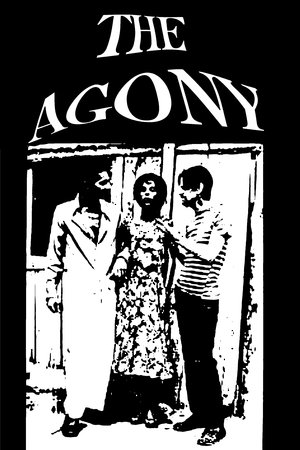
The Agony

Lágrima Pantera: A Míssil

Copacabana, Mon Amour: A Restauração
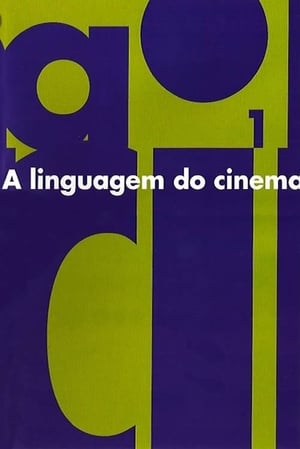
A Linguagem do Cinema

Nietzsche Sils Maria Rochedo de Surlej
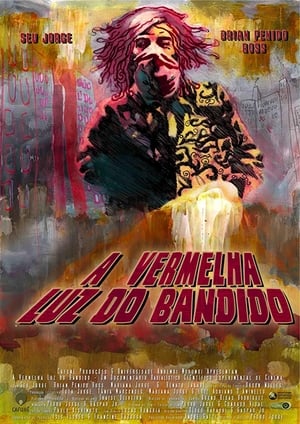
A Vermelha Luz do Bandido
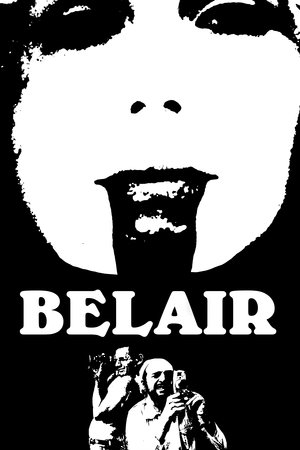
Belair

Naive Cinema
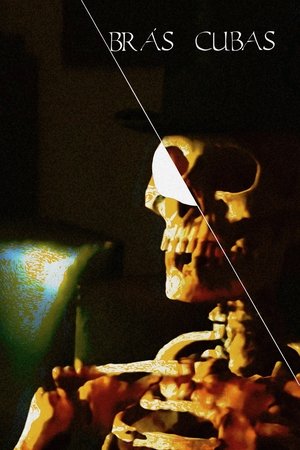
Brás Cubas

Torquato Neto, O Anjo Torto da Tropicália
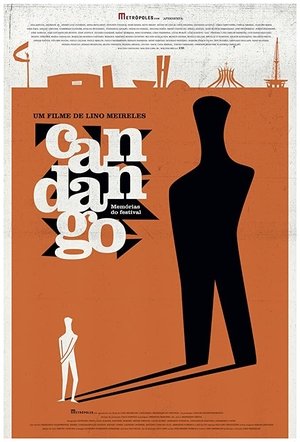
Candango: Memoirs from a Festival

Tabu
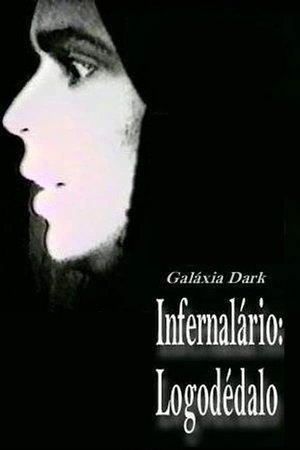
Dark Galaxy

Il vento del cinema
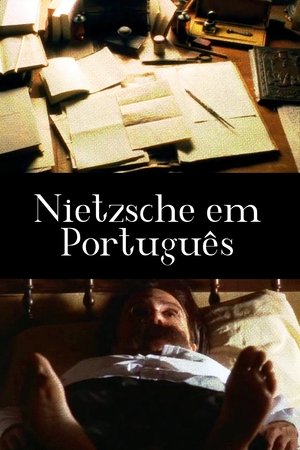
Nietzsche em Português
Profiles:



